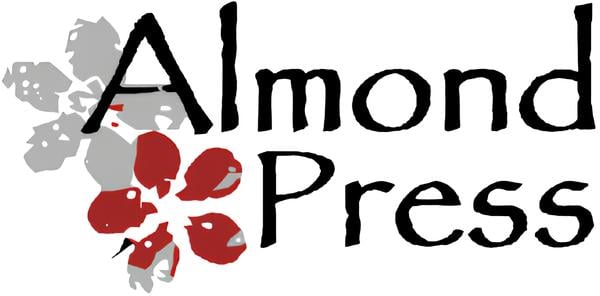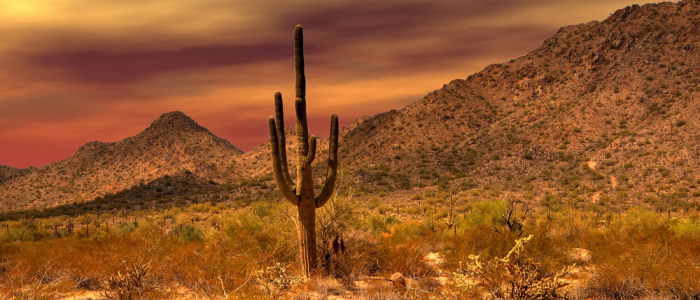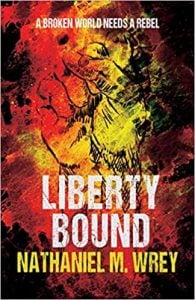In Search of Dystopia
Dystopian novels project the fears and faults of their own time, exaggerated and through metaphors, into the future. An author’s imagination adds to the mix, presenting a message through the narrative of new, frightening technology, politics, society or distant worlds. Such stories share a platform with satire, shining a light upon failures, dressing them up discretely and popularising the notion via the grotesque. An additional kudos comes to the author whose warnings turn out to be prophetic, when reality comes to mirror what began as fiction. Ironically, perhaps a truly successful dystopian novel has its warnings heeded, the future taking a different, positive path, the writer forgotten and consigned to the rubbish heap of false prophets.
Our contemporary world appears to offer a plentiful harvest of the fruits of despair: climate change, pandemics, Big Brother technology and international terrorism, to name but a few. The fruit that falls into your lap, however, doesn’t have to be the one with which you create your dystopian adventure. Where’s the fun in telling people what they already know or in addressing an issue too close to reality? How can you satire the politician who already personifies all things satirical? Orwell’s 1984 had an impact because in 1948 he recognised the political will existed to control all aspects of a citizen’s life but not yet the technical means. So he created a future world where the tools and conditions made it possible, sending a warning about what others could not see.
While today’s climate is conducive in fermenting a mood for dystopian stories, the everyday items and issues from our lives hold an equally fertile terrain for themes to build meaningful adventures. For example, TV is awash with gambling adverts, options to bet on the minutiae of a sports event, while game apps urge our children to risk their pocket money (or parents’ credit card) to proceed to the next stage and ‘success’. I envisage huge social problems on the horizon of widespread addiction and financial problems, fuelled by a hungry industry keen to grow. There is but a small jump to morph these concerns into a fitting story of a tragic world where advancement through society and life incorporates the proverbial role of the dice, where the cost of losing is extreme (someone may already have written that story).
John Wyndham found inspiration to explore humanity’s vulnerability through that most benign lifeform, a plant, in The Day of the Triffids. While Frederik Pohl and C M Kornbluth shone a light on the worst aspects of consumerism in their The Space Merchants, foreseeing globilisation and the rise of the corporate giants.
The inspiration for my own dystopian novel, Liberty Bound, was a simple experience. I came across some oppressive barbed wire fencing lining the path to a community hall, there to keep the yobs from breaking in and damaging the building. This sacrifice by the residents to their own freedom provided no resolution to the yobs’ general behaviour. They were free to vandalise elsewhere. I read of a garden centre building a moat to keep out thieves, of an increase in gated communities. Is the solution to ring everything with barbed wire fencing and moats? All gestures of fear, while changing nothing beyond their ‘walls’. I let my imagination spiral the concept to its extreme: with passing years, failing governments, out-of-control crime, and limited resources in a parched world. Until in the distant future, one community remains, constricted and hiding behind walls, isolated and stagnated. The very concept of modern liberty skewed, with the citizens ‘incarcerated’ and their prisoners left to roam the wide-open space beyond. This world offered a rich environment to explore what liberty means to us today, how we build these walls both within ourselves and our society.
Inspiration is all around, in all shapes and sizes. Think about what is precious to you, what is vulnerable, where do you see the fear and faults? Then dare look into the future and see what your imagination can construct. You never know, you could save the future and be forgotten!
Liberty Bound
by Nathaniel M Wrey
- In Search of Dystopia - August 23, 2020



